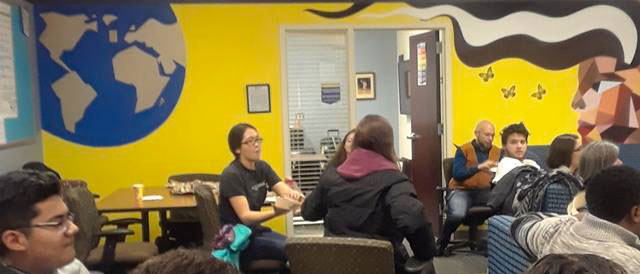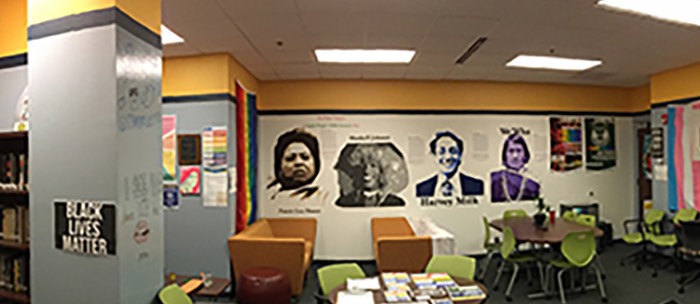- Office of Inclusion and Belonging Home
- About Us
- First-generation College Students
- RISE
- Center for Engagement and Inclusion
- LGBTQ+ Resource Center
Contact Us
Office of Inclusion and Belonging
Alumni Memorial Union, Suite 121
(414) 288-7205
oib@marquette.edu
PROBLEM WITH THIS WEBPAGE?
Report an accessibility problem
To report another problem, please contact oib@marquette.edu.


